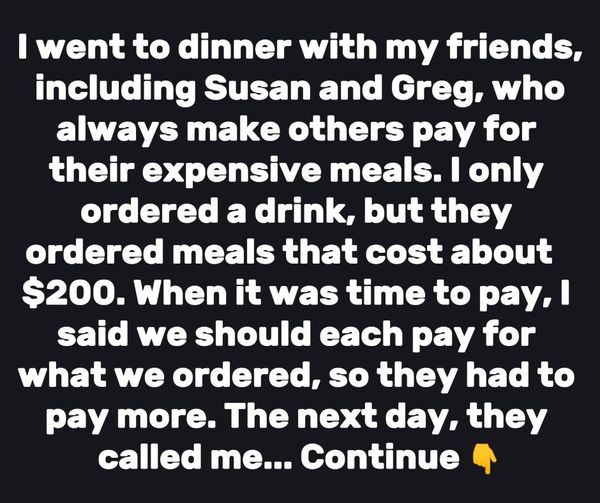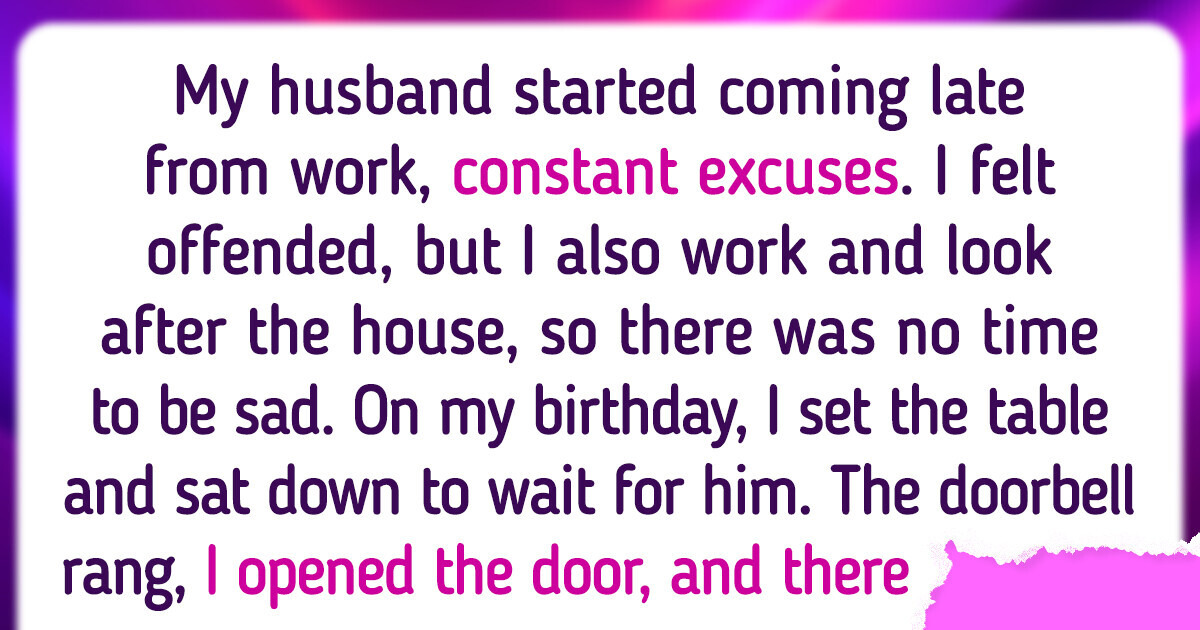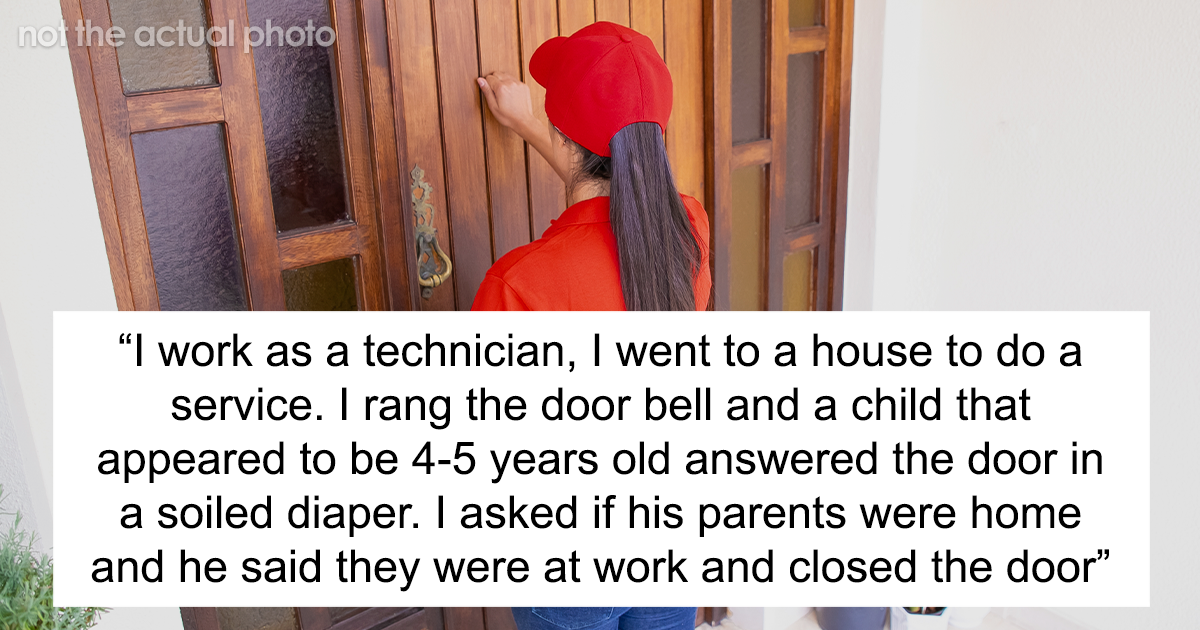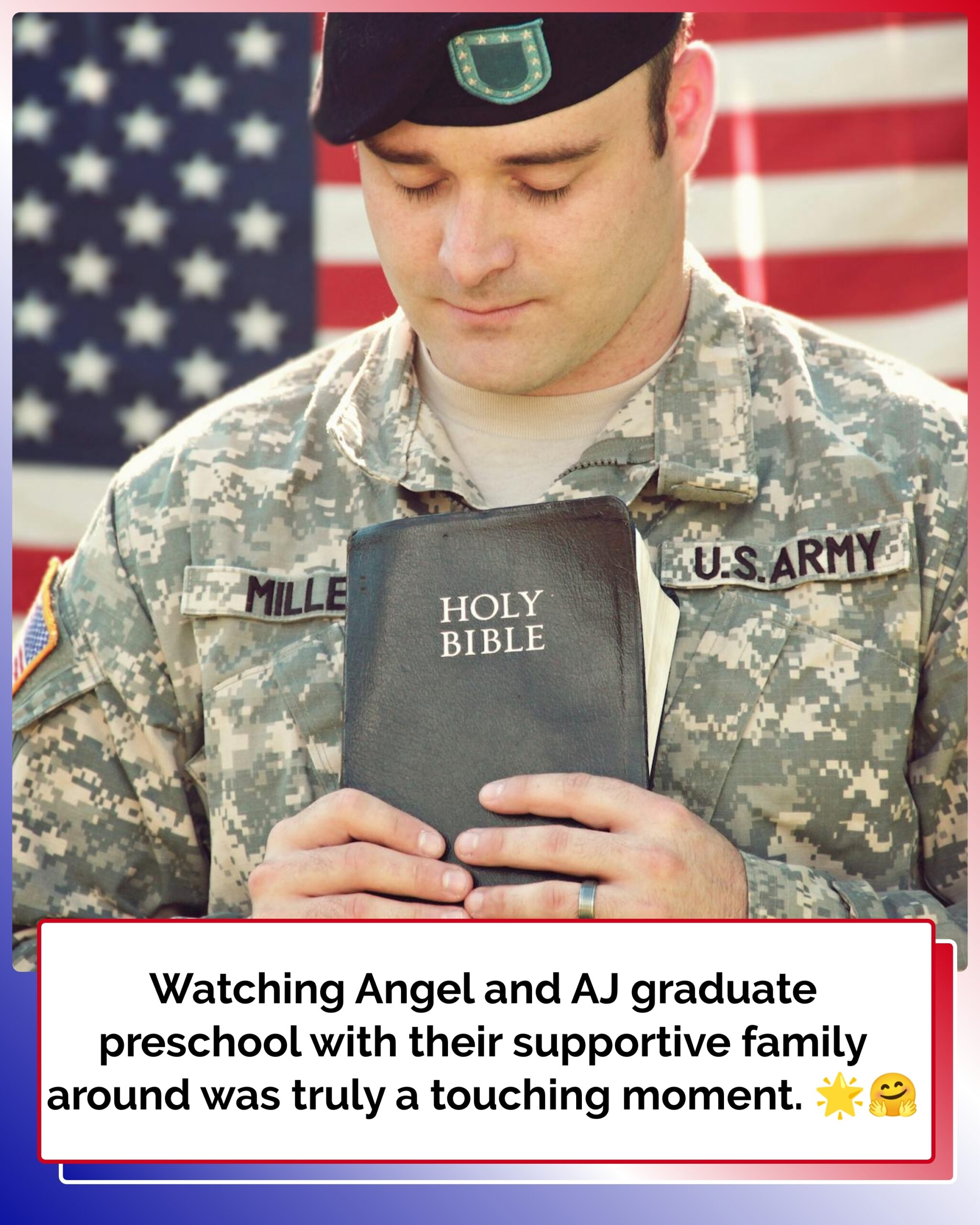Imagine this: you’re out to dinner with friends, enjoying a lovely evening, when the bill arrives. Suddenly, the atmosphere shifts—people start nervously glancing around and chuckling awkwardly. Do you split the bill evenly, even though everyone ordered different dishes? Or should each person cover their own meal? It’s a common dilemma, but one Reddit user, let’s call him Jack, took an approach that caught everyone off guard.
Meet Jack, a 27-year-old man who’s been part of a tight-knit friend group since college. There’s a problem, though—two members of his group, Susan and Greg, are notorious for ordering the priciest dishes and then conveniently forgetting that they should pay their share. Picture it: oysters, lobster, steak—if it’s expensive, it’s on their plates.
Last weekend, Dan, one of the group members, invited Jack to a casual dinner. Jack hesitated, especially when he learned that Susan and Greg would be there. Dan begged him to come, promising it would be a good time. Reluctantly, Jack agreed.
As the evening rolled on, everyone started ordering. Most folks stuck to a $40 budget. When it was Susan and Greg’s turn, surprise surprise, they opted for the poshest items on the menu, pushing their individual bills to $200. It was Jack’s turn to order next, and he did the unthinkable—he just ordered a $4 drink.
Dan looked perplexed and asked why Jack wasn’t ordering any food. Jack responded with a simple, “I lost my appetite.” Following Jack’s lead, two other friends also canceled their orders, opting to stick with drinks.
As the main courses arrived, Susan and Greg indulged in their extravagant selections. But the real drama unfolded when the check landed on the table.
Greg, ever the charmer, beckoned the waiter over and asked to split the bill six ways, as was their habit. Jack stood up and interjected, insisting that the bill be split three ways instead. A confused Greg asked why, and Jack calmly explained that those who ordered food should pay for their food, while those who just had drinks would split that cost.
Let’s do a quick math check: Dan, who only ate about $50 worth of food, ended up with a jaw-dropping $146.98 check. Yes, we’re being very precise—it’s a memorable number! Meanwhile, Jack slipped a $10 bill towards the check, bid everyone goodbye, and walked out.
The aftermath? Jack woke up to a barrage of texts from Susan and Greg, branding him the bad guy for not ordering food and “forcing” them to pay more. Their lavish steaks were suddenly burning holes in their wallets. Dan, on the other hand, was livid and messaged Jack, accusing him of pulling a stunt that left him with an outrageous bill.
Jack found the whole situation rather amusing. After all, he reasoned, why should he subsidize someone else’s extravagant tastes? In his mind, this was a lesson well taught. A simple outing had turned into an eye-opening experience, revealing a lot about the dynamics within their friend group.
So, let’s talk about social dynamics and group outings. Why is it that some people expect their indulgences to be others’ burdens? How can you handle these tricky situations without fracturing friendships? Jack’s approach was unorthodox, but it shone a light on an issue many face.
Think about it—what’s fair when it comes to splitting the bill? Should everyone bear the cost evenly or pay only for what they consumed? These questions linger in the air like the aroma of Susan and Greg’s pricey steaks.
Jack’s story isn’t just about an awkward dinner. It touches on broader themes of fairness, responsibility, and the expectations we set among friends. Maybe next time you’re out dining with a group, you’ll remember Jack’s tale and consider how you’d handle the bill.
But, of course, the final takeaway is this: if you’re ever stuck with friends who have champagne tastes and a beer budget, maybe order that $4 drink and watch the drama unfold. It might just be worth the price of admission.






